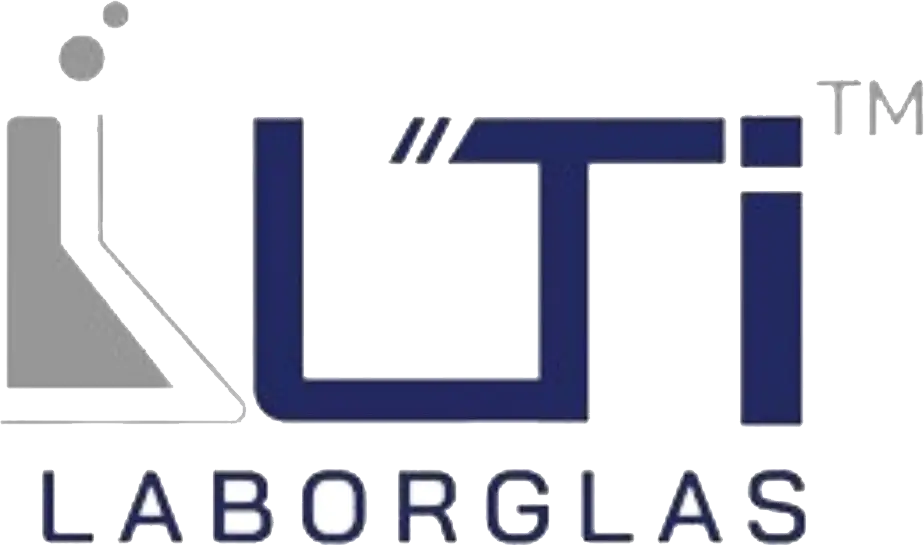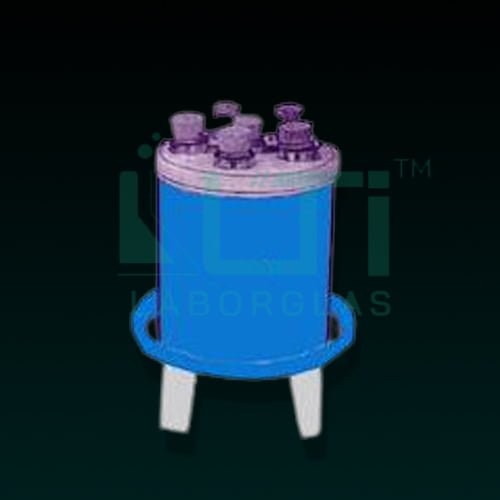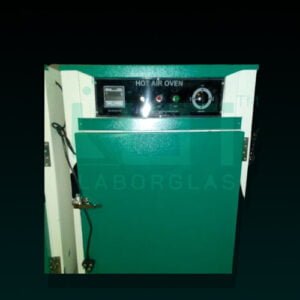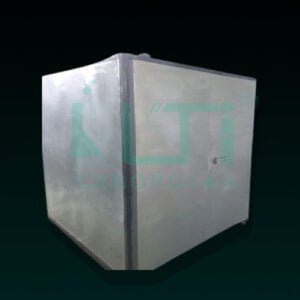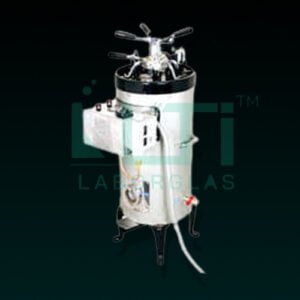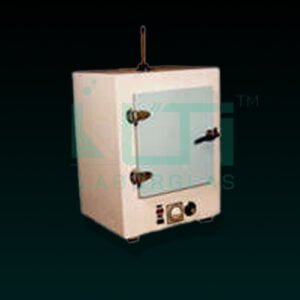Features:
- Cloud & Pour Bath unit designed to meet the test method of ASTM D-2500-88/D-97
- For use to carry test of any petroleum oil as per test method
- The Cloud And Pour Point bath is triple walled in construction with inner chamber made of stainless steel & exterior of G.I sheet duly finished in epoxy powder coated shade
- The unit have 4 compartment for 4 different temperature range in (Standard Unit)
- 1st compartment: -1 c to -2 c (minus 1 c to minus 2 c)
- 2nd compartment: -15 c to -18 c (minus 15 c to minus 18 c)
- 3rd compartment: -32 c to -34 c ( minus 32 c to minus 34 c)
- 4th compartment: -47 c to -51 c (minus 47 c to minus 51 c)
- The top surface of unit is of hylem/Bakelite thick sheet for easy cleaning
- Each compartment for 4 test jacket made of copper cylindrical flat bottom- 45 mm dia x 115mm ht.
- Test jar made of clear cylindrical glass flat bottom 30 to 33.5 mm dia x 115 to 125mm height
- All 4 compartment having 4 cooling system which includes hermetically sealed compressor, condenser fan motor etc CFC free cooling system
- All 4 compartment temperature are being controlled by separate solid state electronic temperature controller and digital indicator
- Selection of single, two or three chamber also
A Cloud & Pour Point Bath is commonly used for:
- Cloud Point Testing: Determining the temperature at which a liquid becomes cloudy.
- Pour Point Testing: Identifying the temperature at which a liquid loses its flow characteristics.
- Fuel Quality Control: Assessing the suitability of fuels for specific applications.
- Petroleum Industry: Monitoring the low-temperature properties of petroleum products.
- Quality Assurance: Ensuring the performance and stability of various fluids.
- Cold Flow Properties: Evaluating how substances behave under cold conditions.
- Research and Development: Conducting experiments related to low-temperature properties of materials.
- Automotive Lubricants: Assessing the performance of lubricants in low-temperature environments.
- Compliance Testing: Meeting industry standards and specifications for products.
- Process Optimization: Helping optimize manufacturing processes involving temperature-sensitive materials.
